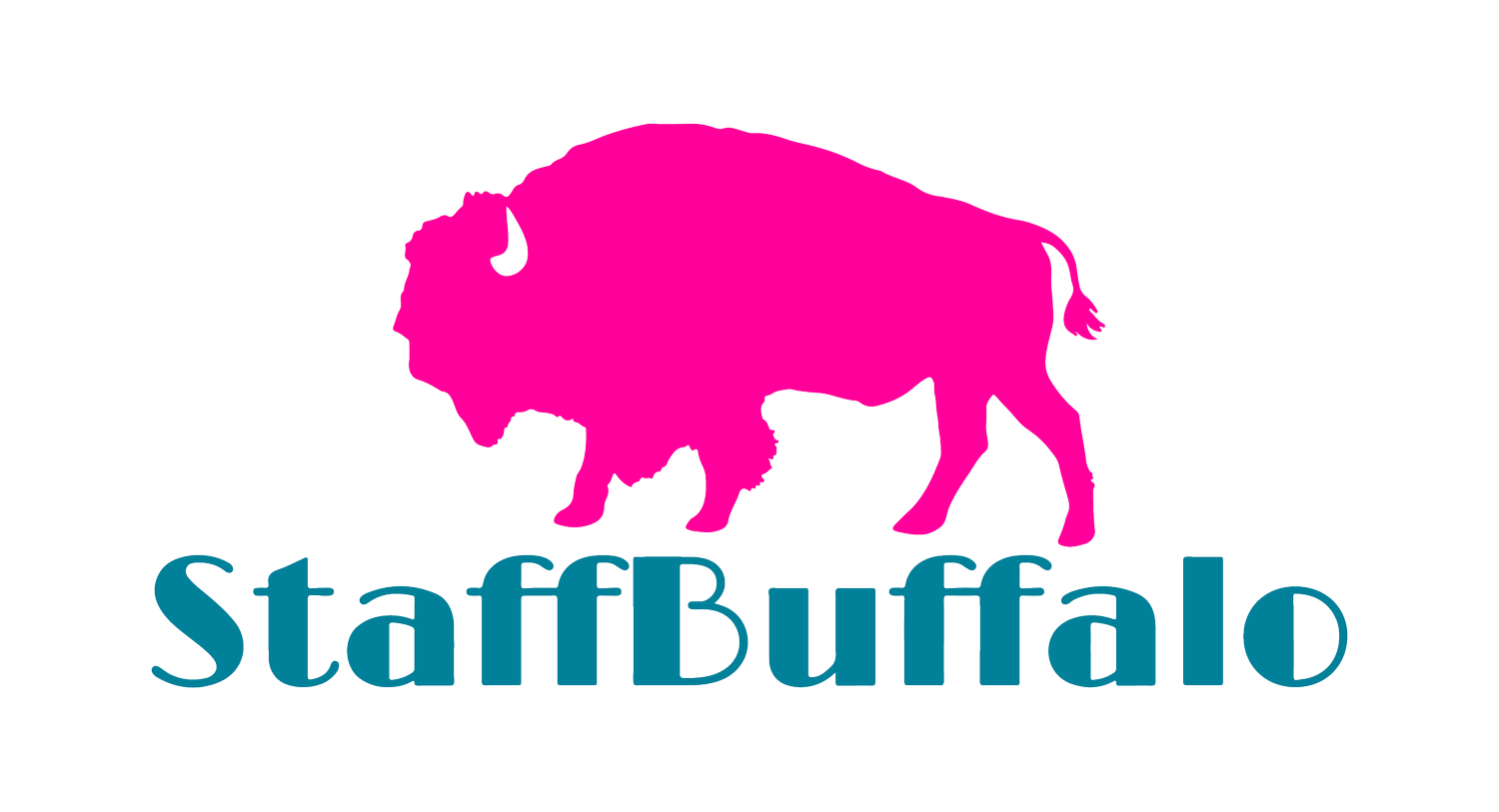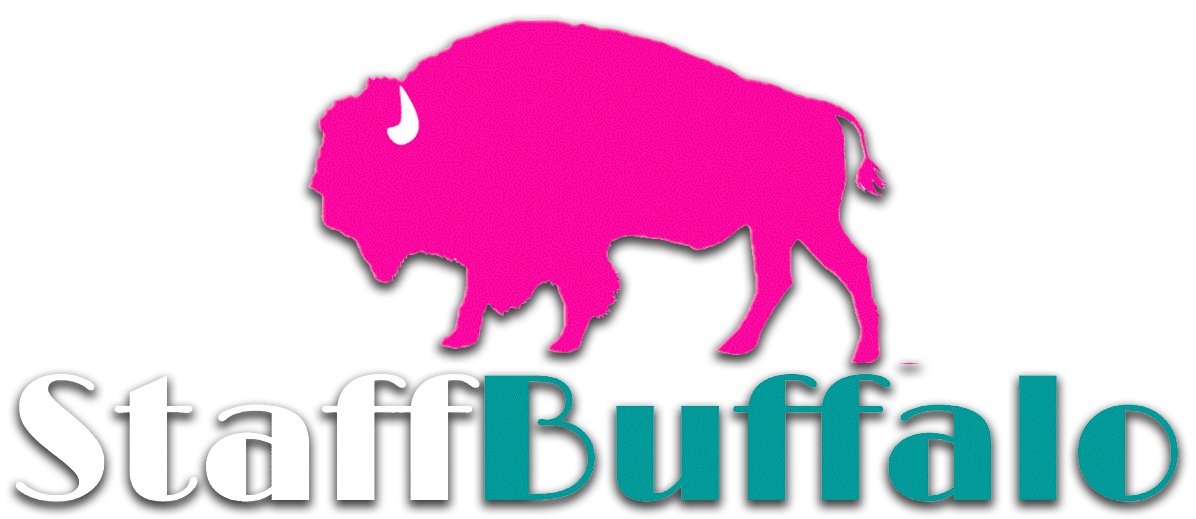How to Build Career Bridges With Good Communication
Excellent communication is critical during a Job Search. While it is important to have the necessary technical skills, your ability to communicate those skills on your resume, over the phone, and in person, is imperative to prove to employers that you can do the job and are the right fit for their organization.
Beyond that, open and honest communication is critical for building and maintaining relationships. The recent tight labor market has given an upper hand to those looking to switch jobs. With so many options, it can be tempting for Job Seekers to neglect relationships and burn bridges with their former company or potential employers, in order to accept another position that may not be the best fit.
While poor communication burns bridges, improving your communication skills will build bridges with potential employers and other professionals in your network, and help you land your next great job!
Research before you dive in
Before any communication occurs with any company, research the target company and prospective job! Recently, there has been an increase in people contacting StaffBuffalo mere days or weeks after starting a new job, saying that it was not what they were expecting it would be because they did not research or have a trusted resource.
If you are thinking about changing careers, research the marketplace, the need for talented professionals, the salary range, and the necessary qualifications. If you’re trying to decide whether to accept a job offer, read the fine print and find out about the company culture online and through connections who’ve worked there.
Know when to email, when to call, and when to meet in person
During most Job Searches, you will be required to demonstrate your communication skills in three ways: in writing, over the phone, and in person. Many times, your resume is the first thing a Recruiter, Hiring Manager, or Applicant Tracking System sees. If selected, be prepared to coordinate a phone interview or an in-person interview – be timely and commit to the agreed upon date and time.
Sometimes, it is hard to know which method of communication is the best in a given situation. The Rule of Thumb is to respond in the means that you were contacted. If the Recruiter or Hiring Manager reaches out in multiple ways or if you initiate the conversation, you can follow these general rules:
Emails: Best for quick questions and instructions that are not time-sensitive or that need to be preserved in writing.
Phone calls: Best for immediate questions or when it is important to hear tone of voice and verbal cadence. It may be easier to shoot off an email in place of having a difficult conversation, but a phone call allows you to ensure your message isn’t misconstrued or misunderstood.
In-person meetings are a great way to build bridges with other professionals in your industry. The more successful someone is in their career, however, the more requests “for coffee” they receive and the more precious their time becomes. Learn how to ask for face-time without being annoying, and offer up other options in case the face-to-face meeting is not convenient. For networking events, practice your introduction, and research the attendees ahead of time - if you can - to find common interests for discussion.
Reread any written communication before you send it, and check for grammar
Ensure your emails are error-free, especially if you are applying for a position that requires excellent communication.
StaffBuffalo was working with a candidate who had a great in-person interview, but made some formatting, greeting, and grammatical mistakes in their thank-you email. The company forwarded this email to StaffBuffalo, concerned that it demonstrated the candidate was not a fit for the position. The StaffBuffalo team spent time talking about the email and their previous communication with the candidate, hoping to salvage the potential match for both the candidate and the company. Ultimately, the company decided to move forward with a different candidate.
The same goes for resumes. Grammar, formatting, and spelling errors will stick out and companies may count you out even when you have the technical qualifications. Make sure you are honest and accurate with your dates, company names, and job titles. Use present tense for your current job and past tense for all your previous positions. If you would like personalized feedback and professional formatting, check out our Resume Formatting Service!
Be courteous and respectful
Occasionally, you may get a message about a job for which you are overqualified or are simply not interested. The best way to build a career bridge with that Recruiter is to respond and tell them why you aren't interested in that position, or what you might be looking for instead. If you are absolutely sure you don't want to work with a Recruiter, "letting them off easy" by saying just that will save you from future messages and frustration.
Rather than taking the time to reply to recruiters and potential employers, candidates are increasingly “ghosting” by refusing to answer texts, calls, and emails. While there are many valid and invalid reasons why people (and companies) choose to ghost, the practice has consequences. In mid-sized cities like Buffalo, people talk. If a Job Seeker has burned a bridge with one company, other business owners may find out, and it may negatively impact their chances of getting another job if the new position doesn’t work out.
“A candidate that I was working with received a job offer. They were excited about the offer and negotiated a couple of things including a higher salary and the start date. When the client agreed to this candidate’s negotiations, the candidate verbally accepted the offer, immediately signed the letter, and sent it right back. A day or two later, the candidate sent me an email saying that they were no longer accepting the position. When I tried to call the candidate, they did not answer or call back. I emailed the candidate – no response, texted the candidate – no response. The candidate completely ‘ghosted.’ This candidate not only burnt a bridge with StaffBuffalo, but also with the company whose position they had accepted.” Lauren Lewis, StaffBuffalo Partner.
Even though the candidate emailed to turned down the offer, they did not have the courtesy to pick up the phone and have the “tough conversation.” No one can force you to accept a position, so just focus on maintaining positive relationships. A short phone call, expressing the reasons for turning down the position, would have maintained a relationship with the Company and StaffBuffalo.
Show up on time, and if you can't, cancel as early as possible!
Recruiters and Hiring Managers often have a tight schedule and have set aside a time slot just for you. Interrupting their work early is not a good start to the interview, and showing up late demonstrates that you are not appreciative of their time!
We all know not to be late to an interview, but what about being early? For a Phone Interview, be sure to call right on time. If you can no longer make a Phone Interview or simply forgot, it may be tempting to call whenever it is convenient for you. Instead, send an email with as much notice as possible, apologizing for the inconvenience and suggesting times to reschedule. A phone interview may not seem like such a big deal, but ‘showing up’ for a phone call demonstrates that you can maintain your schedule and will be reliable during future in-person interviews and on the job
For a Virtual Interview, arriving 10-15 minutes early is the Rule of Thumb. If you need to cancel an In-Person Interview, call and email with as much notice as possible and explain the situation. Instead of burning a bridge by not showing up, you may actually leave the door open in case something changes in the future.
“Two candidates I was working with canceled before their in-person interviews after taking different job offers. ‘Candidate A’ emailed me 30 minutes before, while ‘Candidate B’ called me the day before.
A couple of weeks later, both candidates called to say that the jobs they had accepted didn’t work out (did not do their research!) and both were interested in rescheduling interviews with the original companies if the jobs were still available. I restarted the conversation with both candidates but approached the conversations in different ways. ‘Candidate B’ had given me plenty of notice, so I was happy to assist with the search and the company was happy to reschedule the interview. ‘Candidate A’, on the other hand, had burned a bridge with both me and the client by not giving me much notice. I talked things through with the client and ‘Candidate A’ to smooth things over and ‘Candidate A’ learned from their mistake.” Anne, StaffBuffalo Recruiter
Ready to learn more? Read StaffBuffalo’s Virtual Interview guides!
Recruiters can help build bridges throughout the hiring process
First, read our guide to working with a StaffBuffalo Recruiter! We start with a conversation, to get a sense of who you are as a person, not a piece of paper. When working with StaffBuffalo through the interview process at one of our Clients, we will give you information about the interview process and individualized coaching and feedback afterward. During the Job Offer Stage, we will help you understand the offer details and benefits and negotiate on your behalf.
Unfortunately, we cannot work with every person that applies to our positions and we cannot magically find you a job. However, we will give you advice on your resume and give it a complete makeover with our Resume Formatting Service. We also offer Interview and Networking Workshops to help you hone your in-person communication skills and put your best foot forward.
Synopsis: Whether or not you choose to work with a Recruiter, be sure to research the company, enhance your resume, practice your interview techniques, and take the time to respond appropriately even when it is inconvenient or difficult.
Ultimately, honing your written and verbal communication will benefit not only your job search, but every area of your personal and professional life.
Tagged: job seekers


